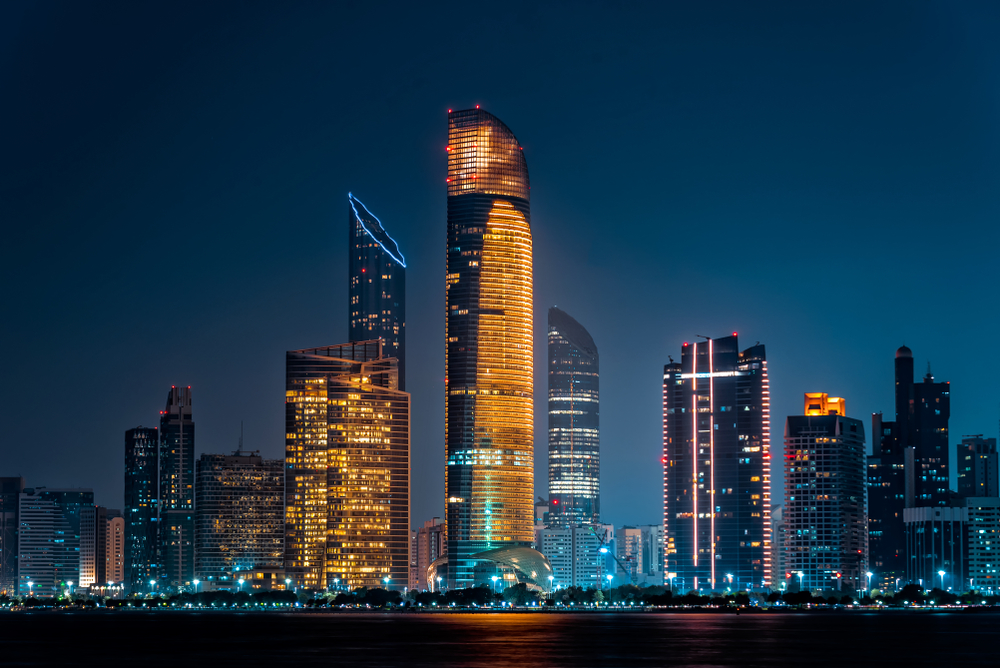The United Arab Emirates (UAE) has been cultivating a powerful AI industry that has leveled up with the success of G42, an Abu Dhabi-based AI firm chaired by Sheikh Tahnoun bin Zayed.
G42’s progress hasn’t gone unnoticed by the White House, especially due to the company’s close links with China.
Earlier this year, G42 unveiled “Jais,” an AI program hailed as “the world’s most advanced Arabic large language model.” The company’s success and connections to Chinese technology are causing apprehension in the US.
Reflecting on the region’s historical approach to technology, UAE’s AI minister Omar Sultan Al Olama said, “We over-regulated a technology, which was the printing press… It was adopted everywhere on Earth. The Middle East banned it for 200 years.”
The Middle East doesn’t intend to repeat the act with AI.
With colossal wealth from oil and thriving tech hubs like Abu Dhabi and Dubai, Middle Eastern nations are forming a competitive AI industry and developing influential open-source models like Abu Dhabi’s Falcon models.
US anxiety surrounding Middle Eastern AI rises
The US has been restricting the trade of high-end AI hardware with the Middle East due to links with China.
In 2022, when these restrictions started taking shape, the US government said it “will address the risk that products may be used in, or diverted to, a ‘military end use’ or ‘military end user’ in China.”
Emirate states are viewed as one of those end users, such as in the case of G42’s alleged close links with China and its previous collaborations with Huawei, a company facing sanctions from the US.
Alexis Serfaty, a director at the geopolitical consultancy Eurasia Group, mentioned “rumblings” about the US government’s suspicions towards G42 due to its use of Chinese-made equipment.
Additionally, a Saudi Arabian venture capital company was recently ordered to divest from an AI hardware project named Rain AI, backed by OpenAI CEO Sam Altman, showing how US policy also extends to business ties rather than trade alone.
These developments form part of the broader technological “Cold War” and escalating geopolitical tensions between the US and China over technology.
G42’s CEO Peng Xiao recently stated, “The impression we are getting from [the] US government and US partners is, we need to be very cautious… we simply cannot do much more work with Chinese partners.”
Xiao also said the company would phase out its use of Huawei technology to prevent data from leaking to China. G42 has partnered with leading US tech companies like Google and OpenAI, which they won’t want to sacrifice.
Despite human rights and governance concerns, the UAE is establishing itself as a competitive AI power.
How it plans to wield this power in the global arena amidst the East-West geopolitical tensions remains a critical question for the future.





